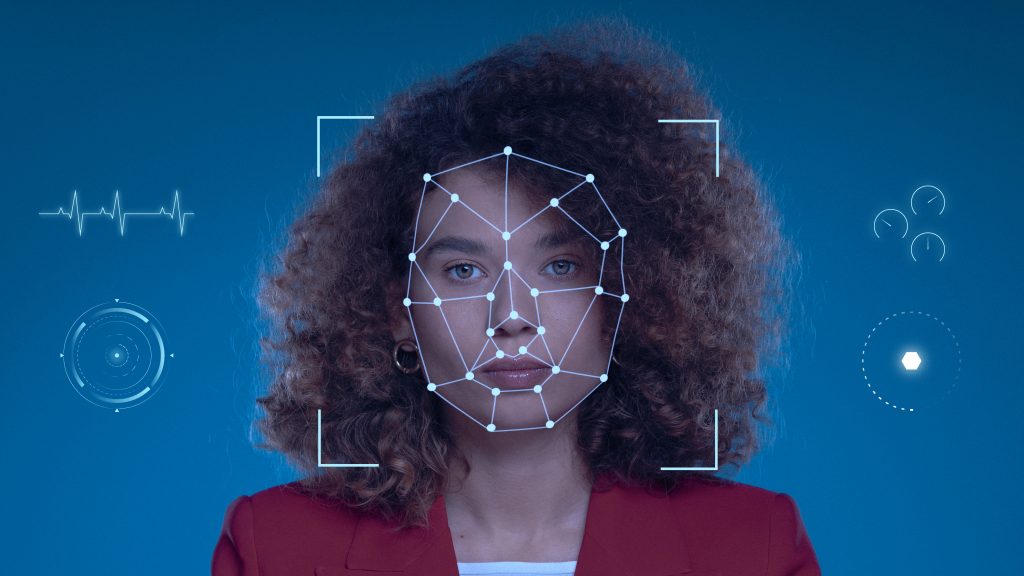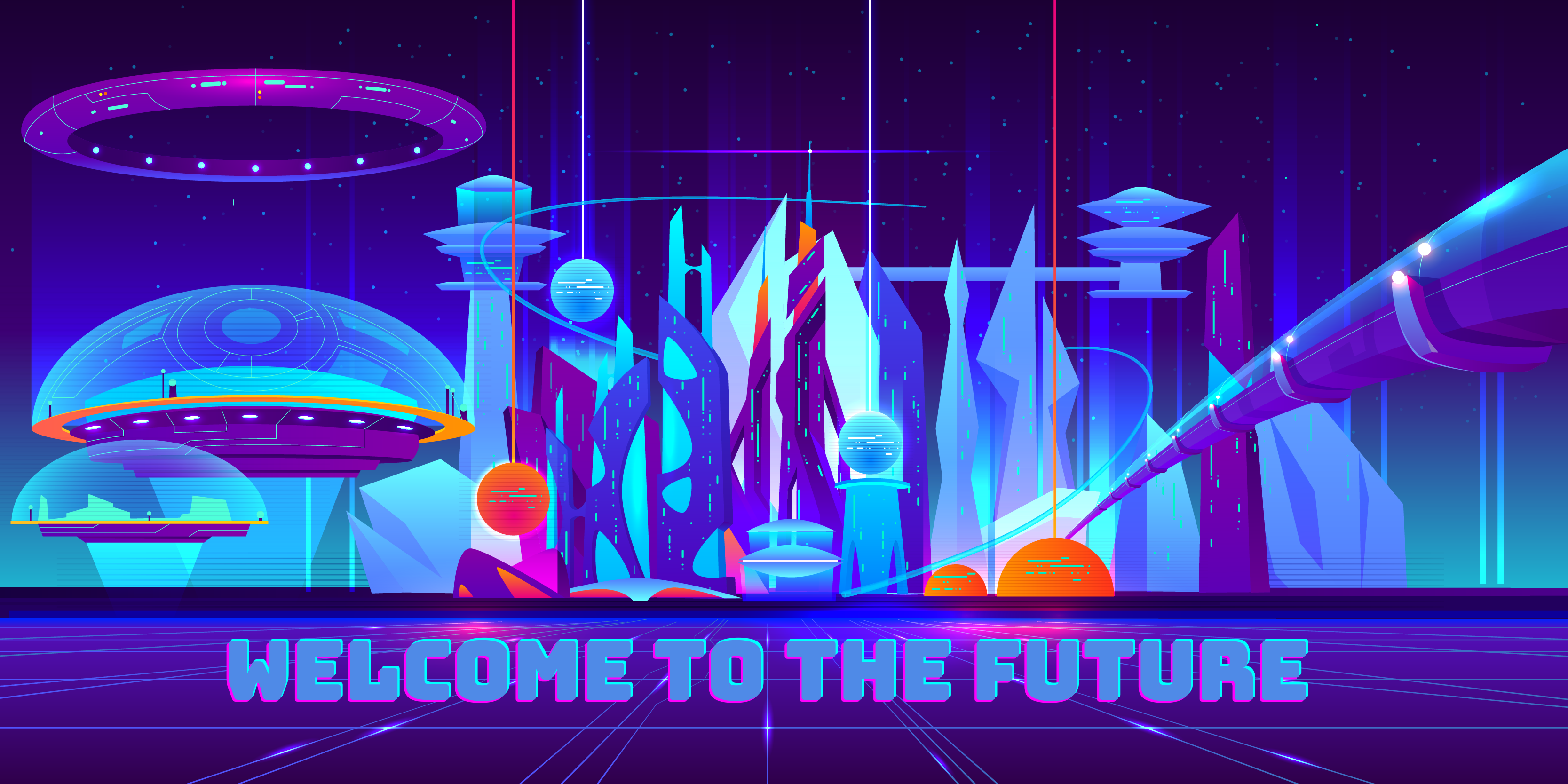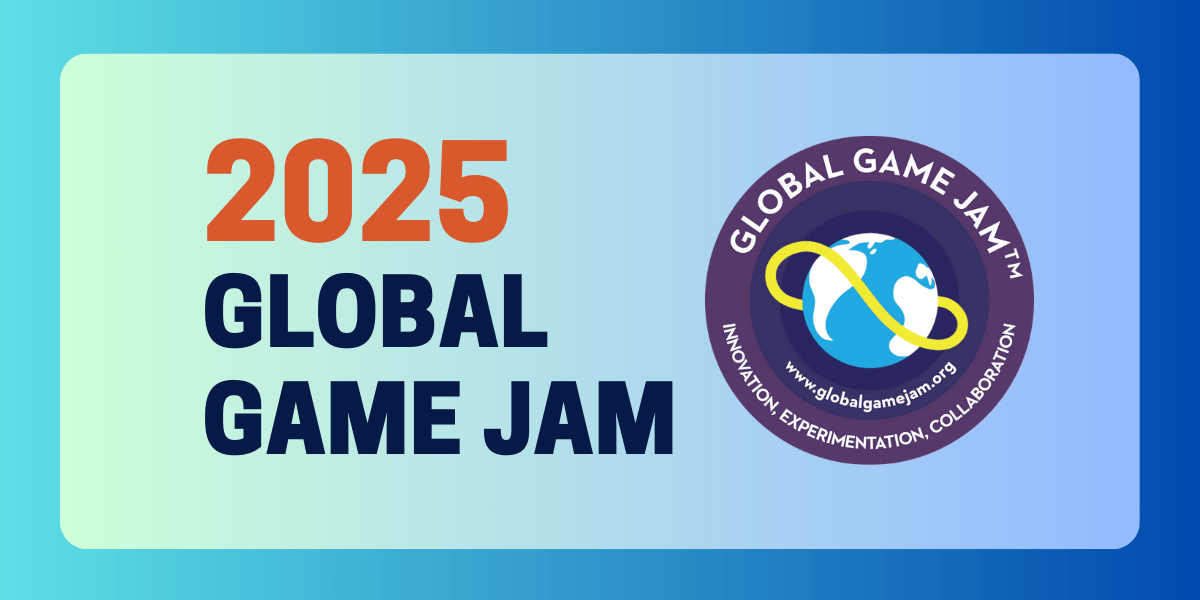In the exciting world of technology, Artificial Intelligence (AI) has brought incredible changes to many industries, including game development. AI, which simply means the simulation of human intelligence in computer systems, has revolutionised how games are created. This article explores how AI is used in games, from its evolution to its applications, challenges, and future trends. Let’s dive in!
AI in Games: An Amazing Journey
AI in games has come a long way, starting from simple rules to advanced algorithms. In the past, game characters were not very smart and had limited abilities. But now, thanks to AI, game developers can create characters that act more like real people, making games more fun and immersive.
How AI Enhances Games
AI has many great applications in game development. One of them is creating smart opponents for players to compete against. These opponents called non-player characters or NPCs, can think and make decisions just like humans. They can be challenging and adapt their strategies based on the player’s actions, making the game more exciting.

AI also helps in generating game content. With the help of AI algorithms, game worlds can be automatically created. This means that each time you play a game, you can explore different environments and discover new things. It’s like going on an adventure that never ends!
AI can even personalise the game experience just for you. It can learn from your actions and adjust the game to match your skill level and preferences. This way, you can have a unique and enjoyable gaming experience tailored just for you.
Making Games More Realistic
AI plays a crucial role in making games look and feel real. It can simulate how things move and interact, like water, smoke, fire, and even cloth and hair. This makes the game world more lifelike and immersive.

For example, AI algorithms can create realistic water effects. They can make the water look like it’s flowing, splashing, or even crashing against objects. It’s like being in a real ocean or river!
AI can also make characters in the game look more natural. It can make their clothes and hair move realistically as they run, jump, or dance. This attention to detail makes the game more visually appealing and enjoyable to watch.
Challenges and What’s Next
While AI brings many benefits to game development, there are also challenges to overcome. One challenge is making sure that games run smoothly on different devices, like mobile phones, computers and game consoles. Developers need to optimise the performance of AI features so that games can be enjoyed by everyone.
Another important consideration is fairness. Developers must make sure that the game is challenging but not too difficult. AI opponents should not have unfair advantages or behave in strange ways. It’s important to create a fair and enjoyable experience for all players.
Looking ahead, there are exciting trends in AI game development. For example, games may soon understand and respond to our voice commands. This means we can talk to characters in the game and have interactive conversations with them. It’s like having a virtual friend inside the game!
Another trend is using AI to detect and respond to our emotions. Games may be able to understand if we’re happy, sad, or excited and adjust the gameplay accordingly. This will make games feel even more personalised and engaging.
AI has brought amazing advancements to the world of game development. It makes games smarter, more immersive, and personalised just for you. As technology continues to improve, we can look forward to even more exciting and interactive games in the future. So get ready to explore new worlds, meet interesting characters, and have fun playing games powered by AI!




